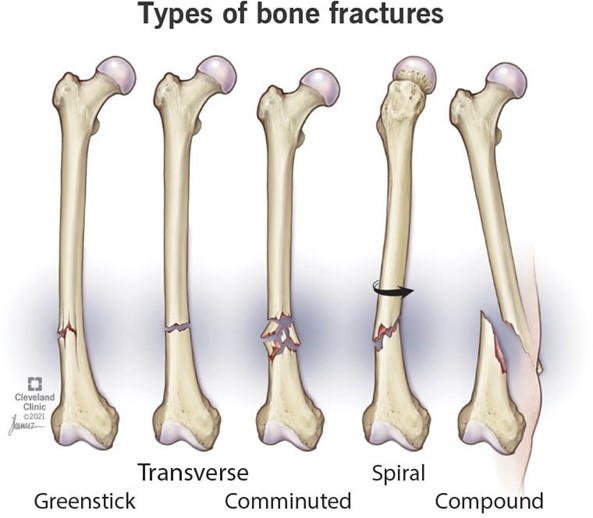A nurse is assisting with teaching a class about the long-term effects of childhood obesity.
The nurse should include which of the following conditions is a potential complication of childhood obesity?
Diabetes mellitus.
Hypotension.
Rheumatoid arthritis.
Attention-deficit/hyperactivity disorder.
The Correct Answer is A
Childhood obesity is a serious medical condition that can lead to health problems that were once considered adult problems, such as diabetes, high blood pressure, and high cholesterol.
Choice B, Hypotension, is incorrect because it refers to low blood pressure, which is not a common complication of childhood obesity.
Choice C, Rheumatoid arthritis, is incorrect because it is an autoimmune disorder that is not directly related to childhood obesity.
Choice D, Attention-deficit/hyperactivity disorder (ADHD), is incorrect because it is a neurodevelopmental disorder that is not directly related to childhood obesity.
Nursing Test Bank
Naxlex Comprehensive Predictor Exams
Related Questions
Correct Answer is B
Explanation
Acetaminophen can be used to reduce fever during pregnancy.
Choice A is incorrect because misoprostol is not used to treat fever during labor.
Choice C is incorrect because the placement of an intrauterine pressure catheter is not used to treat fever during labor.
Choice D is incorrect because simply rechecking the client’s temperature in 2 hours does not address the issue of the client’s fever.
Correct Answer is A
Explanation
“Spiral.” A spiral fracture is a type of fracture that is frequently associated with child abuse.

Choice B is incorrect because bowing fractures are not specifically associated with child abuse.
Choice C is incorrect because closed fractures are not specifically associated with child abuse.
Choice D is incorrect because greenstick fractures are not specifically associated with child abuse.
Whether you are a student looking to ace your exams or a practicing nurse seeking to enhance your expertise , our nursing education contents will empower you with the confidence and competence to make a difference in the lives of patients and become a respected leader in the healthcare field.
Visit Naxlex, invest in your future and unlock endless possibilities with our unparalleled nursing education contents today
Report Wrong Answer on the Current Question
Do you disagree with the answer? If yes, what is your expected answer? Explain.
Kindly be descriptive with the issue you are facing.
